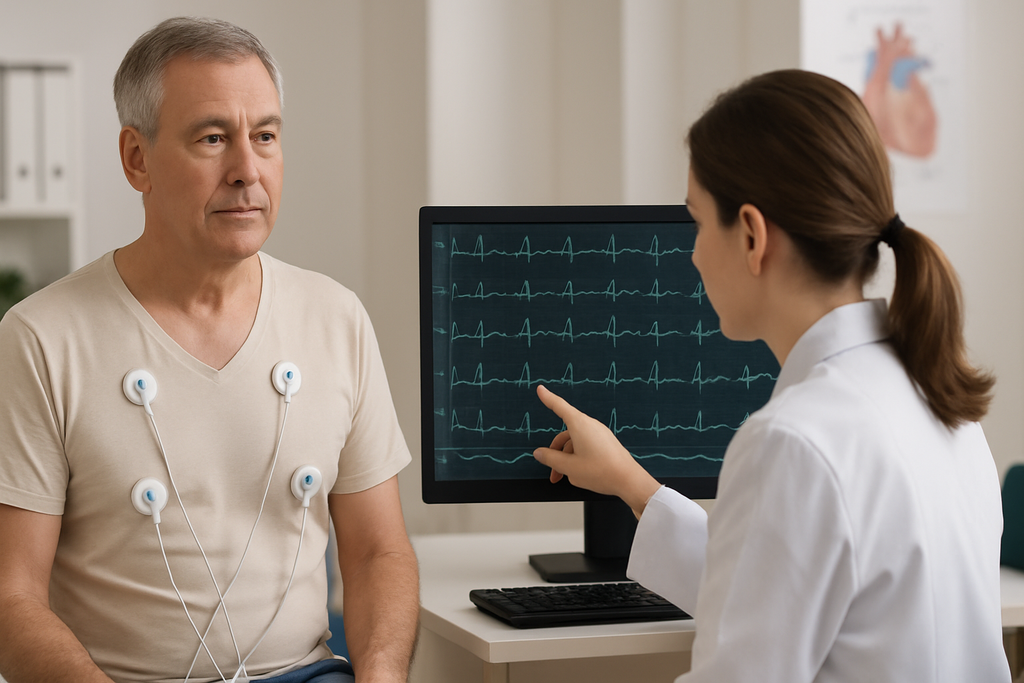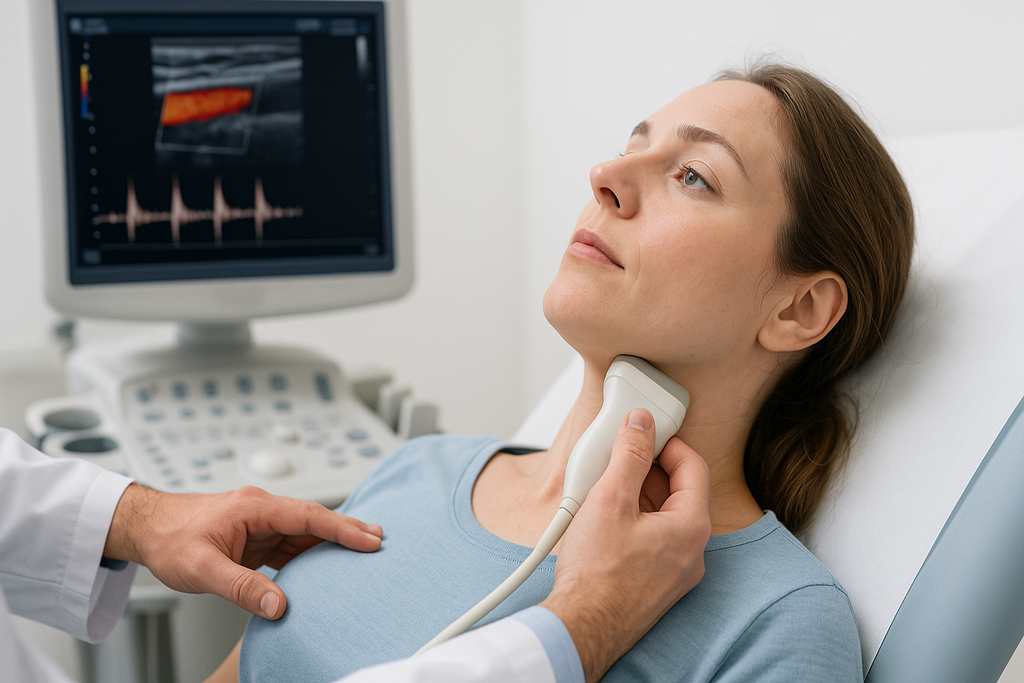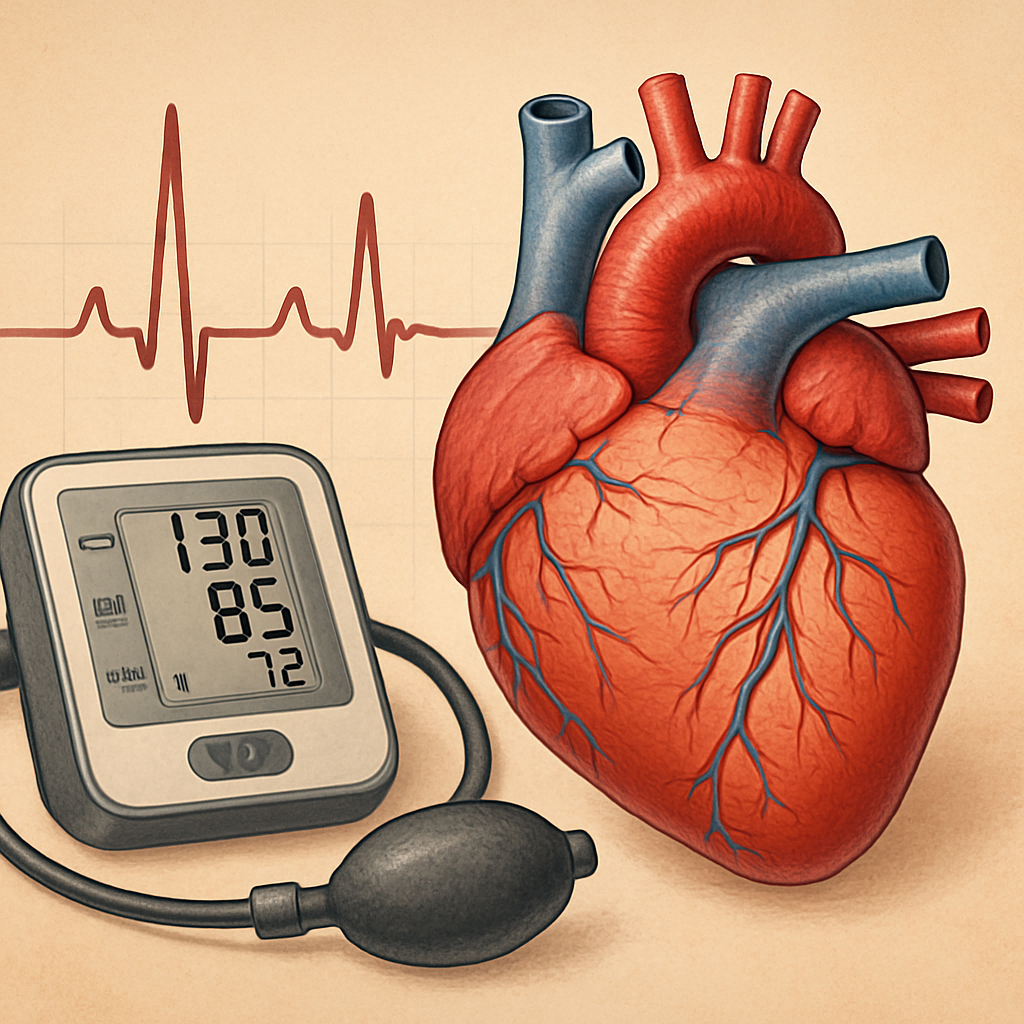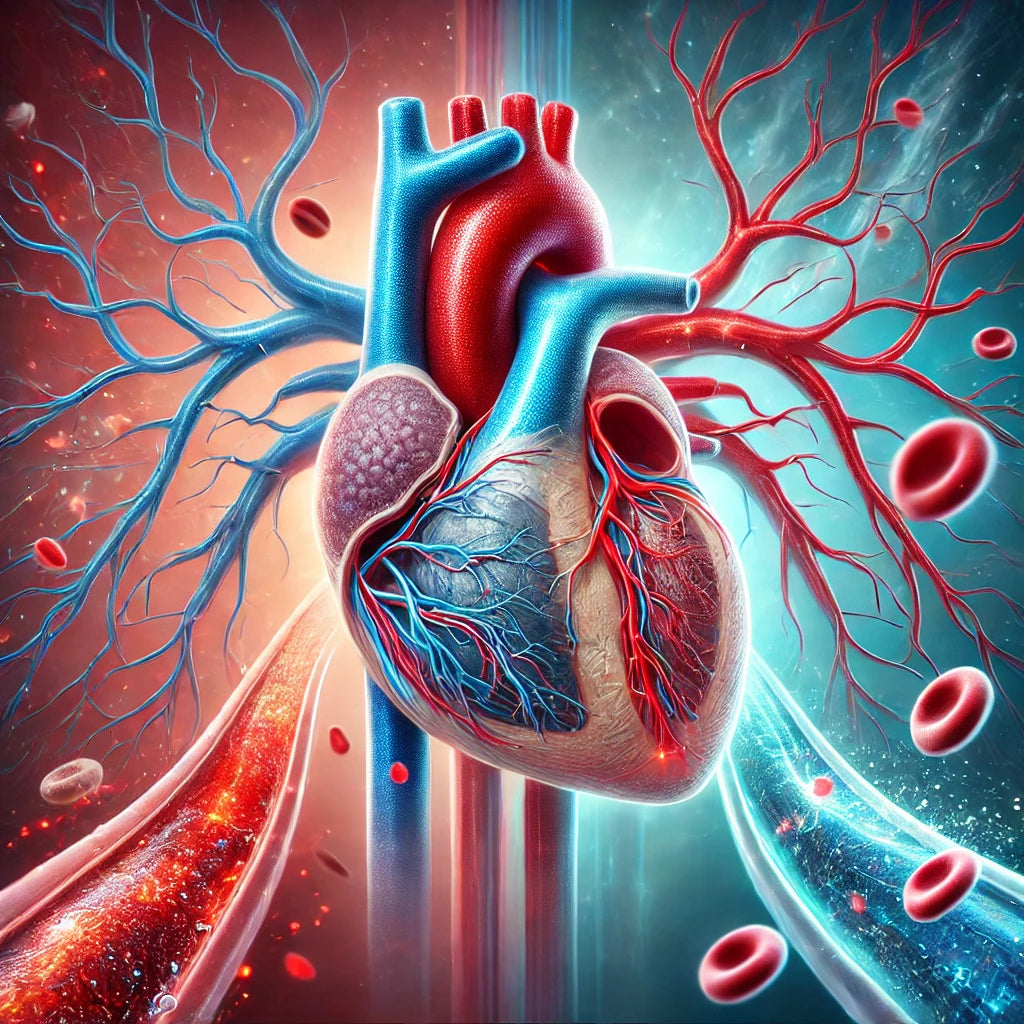News — stroke prevention
How is Atrial Fibrillation Diagnosed and Treated?
AFib diagnosis AFib management AFib treatment atrial fibrillation atrial fibrillation symptoms beta blockers for AFib blood thinners cardiac ablation cardioversion catheter ablation ECG electrophysiology heart arrhythmia heart health heart monitoring irregular heartbeat living with AFib silent AFib stroke prevention warfarin alternatives
Your heart skips a beat, flutters in your chest, or races unexpectedly—and suddenly, you’re left wondering if it’s stress… or something more. Atrial fibrillation (AFib), the most common type of arrhythmia, affects millions of people worldwide. It’s not just a quirky heartbeat. Left untreated, AFib can increase the risk of stroke, heart failure, and other complications.
The good news? AFib is manageable. With timely diagnosis and the right treatment plan, many people regain control of their heart rhythm and live full, active lives. This guide takes you through the how and why of AFib diagnosis, treatment options, lifestyle adaptations, and what to expect on the journey to better heart health.
Your Heart's Early Warning System: Vascular Screening Tests Explained
AAA screening ankle-brachial index aortic aneurysm detection blood flow test cardiovascular screening carotid artery ultrasound CT angiography early detection heart echocardiogram heart check-up heart disease prevention heart health tests non-invasive heart test peripheral artery disease screening tests for heart stroke prevention vascular conditions vascular health vascular scan vascular screening
When it comes to heart health, early detection can be the difference between a manageable condition and a life-threatening emergency. The heart and blood vessels form a complex network—your vascular system—that supports every cell in your body. Unfortunately, cardiovascular diseases often develop silently, showing no symptoms until it’s too late. This is where vascular screening tests step in as your heart’s early warning system.
Vascular screening tests are designed to detect abnormalities in blood vessels that may signal the early stages of heart disease, stroke, or aneurysms. These non-invasive tests can uncover conditions long before symptoms arise, giving you a crucial head start in managing your cardiovascular health. In this guide, we’ll explore the various types of vascular screenings, what they detect, who should consider them, and how they fit into a proactive health strategy.
How Blood Pressure Affects Your Heart: Causes, Symptoms, and Prevention
blood circulation blood pressure blood pressure causes blood pressure management blood pressure monitoring blood pressure treatment cardiovascular disease cholesterol DASH diet healthy lifestyle heart attack heart failure prevention heart function heart health high blood pressure symptoms hypertension hypotension low blood pressure Mediterranean diet risk factors stroke prevention
Blood pressure plays a crucial role in the functioning of your heart and overall cardiovascular system. Often dubbed the "silent killer," high blood pressure (hypertension) can quietly damage your heart over time, increasing the risk of life-threatening conditions. On the flip side, low blood pressure (hypotension) may also pose health challenges, leading to dizziness, fainting, and inadequate blood flow to vital organs.
Understanding how blood pressure influences heart health is essential for anyone looking to maintain a healthy cardiovascular system. This comprehensive guide dives deep into the intricate relationship between blood pressure and your heart, exploring causes, symptoms, risk factors, and preventative measures to help you take control of your heart health.
Recognizing a Stroke: The Importance of the FAST Test
brain attack FAST test health emergency recognizing a stroke signs of stroke stroke awareness stroke first aid stroke prevention stroke symptoms stroke treatment
Every second counts when it comes to a stroke. A stroke occurs when blood flow to the brain is interrupted, leading to potentially severe brain damage or even death. Immediate recognition and treatment can make the difference between life and long-term disability.
One of the easiest and most effective ways to recognize a stroke is the FAST test. This simple acronym—Face, Arms, Speech, and Time—can help anyone quickly identify stroke symptoms and take immediate action. This article will explore what the FAST test is, why it’s crucial, and what to do if you suspect someone is having a stroke.
How Vitamin K2 Helps Prevent Heart Attacks and Strokes
arterial calcification cardiovascular health heart health MK-4 prevent heart attacks stroke prevention Vitamin K2
In this article, we’ll explore the role of Vitamin K2 in cardiovascular health, the mechanisms by which it helps prevent heart attacks and strokes, and how you can ensure you’re getting enough of this vital nutrient in your diet.





